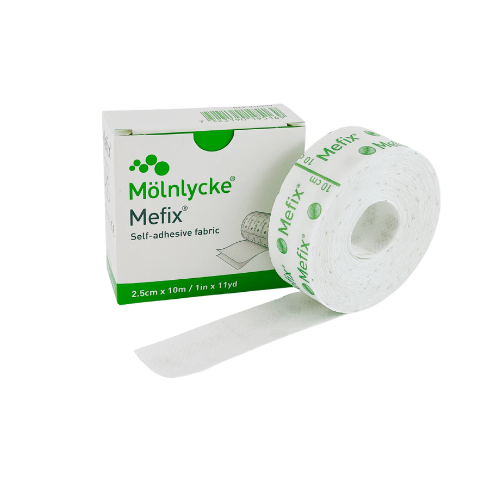Preparing for pregnancy is an exciting journey, and taking proactive steps can help ensure a healthy start for both you and your future baby. Here’s a comprehensive checklist to guide you through this crucial preconception period.
1. Schedule a Preconception Appointment
Before trying to conceive, it’s essential to consult your doctor, even if you’ve been pregnant before. Discuss any existing health issues that could affect your pregnancy. Your doctor may conduct various tests, including:
- Immunity Tests: Check for rubella, chickenpox, HIV, hepatitis B, herpes, and other STDs.
- Thyroid and Genetic Testing: Ensure thyroid function is normal and consider genetic tests based on your family history.
- Vaccination Updates: Update necessary vaccines (like MMR and varicella) before pregnancy, waiting at least 28 days post-vaccination to conceive.
2. Prioritize Oral Health
Good dental health is vital for a healthy pregnancy. Gum disease can lead to complications such as premature birth and low birth weight. Schedule a dental check-up to address any issues.
3. Eliminate Smoking and Alcohol
Smoking and drinking can hinder your chances of conception and negatively impact fetal development. Seek resources to help you quit these habits before conception.
4. Limit Caffeine Intake
Excessive caffeine consumption (over 250 mg per day) can affect fertility and increase the risk of miscarriage. Consider switching to decaf to avoid caffeine withdrawal during early pregnancy.
5. Focus on Nutrition
Adopt a balanced diet rich in fruits, vegetables, whole grains, and lean proteins. A healthy diet can reduce the risk of gestational diabetes and other complications.
6. Take Folic Acid
Incorporate a daily multivitamin with folic acid for at least three months before conception. Folic acid is crucial for reducing the risk of birth defects.
7. Maintain a Healthy Weight
Achieving a healthy weight before pregnancy can decrease the risk of complications such as gestational diabetes and preeclampsia. Consider a weight loss plan if needed, but avoid dieting during pregnancy.
8. Review Medications
Discuss all medications, including over-the-counter drugs, vitamins, and herbs, with your doctor to ensure they are safe for pregnancy.
9. Choose Seafood Wisely
Fish can be a healthy part of your diet, but avoid those high in mercury, like swordfish and shark. Aim for two servings of low-mercury fish per week.
10. Get Active
Regular exercise will help you reach a healthy weight and prepare your body for labor. Look for prenatal exercise classes once you conceive.
11. Reflect on Parenthood
Consider the significant life changes that come with having a baby, including impacts on your career, finances, and relationships. Seek guidance from your doctor or attend preconception classes for support.




